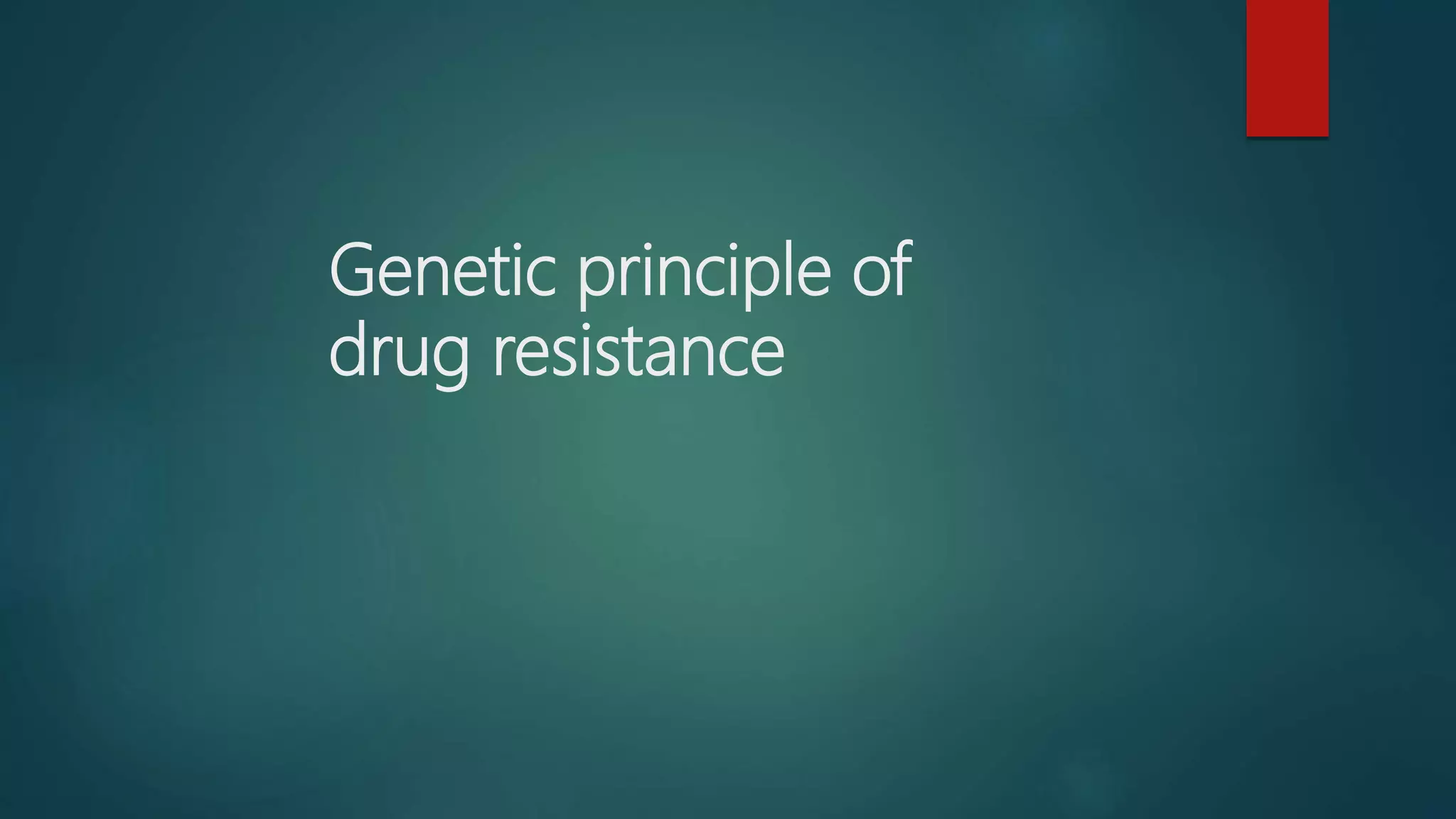Phone Confiscation: France's Approach To Combating Drug Crime

Table of Contents
The Legal Basis for Phone Confiscation in Drug Crime Cases
French Law and its Application
French law allows for the seizure of mobile phones as evidence in drug-related investigations and prosecutions. The specific articles within the Code de procédure pénale (French Code of Criminal Procedure) that govern this practice are crucial for understanding its legal parameters. While precise article numbers can vary depending on the specific circumstances, provisions related to searches and seizures of evidence pertinent to criminal investigations form the basis for phone confiscation in drug crime cases.
- Examples of permissible confiscation: Phone confiscation is legally permissible when there is reasonable suspicion of drug trafficking, evidence of criminal activity (e.g., drug deals arranged via text message, location data showing visits to known drug production sites) is found on the phone, or the phone is believed to contain crucial evidence for the ongoing investigation.
- Limitations and due process: French law emphasizes due process. While authorities can seize a phone, the process typically involves judicial oversight, ensuring a warrant or authorization is obtained before the confiscation takes place. Individuals have the right to legal representation and can challenge the legality of the seizure.
Judicial Oversight and Appeals
The judicial process surrounding phone confiscation in France involves several key steps. Prosecutors must demonstrate sufficient cause to a judge before obtaining authorization for a phone seizure. This ensures that the power of phone confiscation isn't abused.
- Role of judges and prosecutors: Judges play a critical role in reviewing the evidence presented by prosecutors to justify the confiscation. Prosecutors bear the responsibility of demonstrating a clear link between the phone and the suspected criminal activity.
- Avenues for appeal: If an individual believes their phone was confiscated unlawfully, they have avenues for appeal within the French judicial system. This may involve challenging the warrant's validity or arguing a lack of sufficient grounds for seizure. The process allows for judicial review and safeguards against potential abuses.
The Effectiveness of Phone Confiscation in Disrupting Drug Networks
Intelligence Gathering and Evidence Acquisition
Confiscated phones provide invaluable intelligence in drug investigations. The data extracted can significantly aid investigations and prosecutions.
- Information obtained from phones: Data extracted from confiscated phones commonly includes contact lists (identifying other members of the drug network), text messages and call logs (revealing communication patterns and drug transactions), location data (pinpointing drug trafficking routes and locations), and financial transaction records (tracking money laundering activities).
- Evidence for investigations and prosecutions: This evidence is crucial for building strong cases against individuals involved in drug trafficking. It helps establish connections between suspects, map out drug trafficking operations, and prove the intent to commit drug-related crimes.
Operational Disruption and Network Weakening
Disrupting communication through phone confiscation weakens drug trafficking networks significantly.
- Impact on drug operations: The inability to communicate quickly and discreetly hinders the efficient distribution of drugs, complicates the coordination of drug deals, and disrupts money laundering schemes.
- Documented success stories: While precise statistics on the overall effectiveness of phone confiscation in France are limited due to confidentiality concerns surrounding ongoing investigations, anecdotal evidence from law enforcement suggests that the tactic has aided in dismantling several drug trafficking operations and disrupting their communications.
Limitations and Challenges
Despite its potential, phone confiscation faces certain limitations.
- Circumvention strategies: The use of encrypted messaging apps, burner phones, and other communication methods can hinder the effectiveness of phone confiscation. Criminal networks are continuously adapting their communication strategies to avoid detection.
- Need for holistic strategies: Phone confiscation is most effective as part of a broader strategy targeting drug trafficking. It should be used in conjunction with other investigative techniques and measures rather than as a standalone solution.
Ethical Considerations and Privacy Concerns
Balancing Public Safety and Individual Rights
Phone confiscation raises significant ethical concerns regarding privacy violations.
- Balancing public safety and individual rights: The key challenge is striking a balance between the legitimate need to combat drug crime and the fundamental right to privacy. Overly broad or indiscriminate use of phone confiscation could lead to unjustified intrusions into people's private lives.
- Potential for misuse or abuse: There is a risk that the power of phone confiscation could be misused or abused by law enforcement. Clear legal frameworks and stringent oversight mechanisms are essential to mitigate this risk.
Data Protection and Secure Handling of Confiscated Phones
France has data protection regulations and specific protocols for handling confiscated phones.
- Relevant data protection laws and regulations: The French data protection framework, including the General Data Protection Regulation (GDPR), applies to the handling of personal data obtained from confiscated phones. Authorities must adhere to these regulations.
- Protocols for data extraction and storage: Strict protocols guide the extraction, analysis, and storage of data obtained from confiscated phones, ensuring compliance with privacy laws and minimizing the risk of unauthorized access or data breaches.
Conclusion
Phone confiscation plays a role in France's efforts to combat drug crime, offering potential benefits in intelligence gathering and operational disruption. However, its effectiveness is limited by the use of encrypted communication and the necessity of a broader, holistic approach. The legal framework governing phone confiscation in France includes provisions for judicial oversight and appeals, balancing the need to fight drug crime with the protection of individual rights. Concerns surrounding privacy and data protection require rigorous adherence to relevant regulations. Further research and discussion are crucial to fully understand the long-term impact and effectiveness of phone confiscation in France’s drug crime strategy. A balanced approach that considers both public safety and individual rights is essential. More research into the effectiveness of phone confiscation in France alongside other drug crime fighting strategies is needed. The debate surrounding phone confiscation in France and its effectiveness in combating drug crime is ongoing.

Featured Posts
-
 Kaka Empire And Bio Foods Let Him Cook A New Culinary Series
May 29, 2025
Kaka Empire And Bio Foods Let Him Cook A New Culinary Series
May 29, 2025 -
 Sinners A Louisiana Filmed Horror Movie Hits Theaters
May 29, 2025
Sinners A Louisiana Filmed Horror Movie Hits Theaters
May 29, 2025 -
 Trumps Trade War Legacy A Wall Street Bets Perspective
May 29, 2025
Trumps Trade War Legacy A Wall Street Bets Perspective
May 29, 2025 -
 Reaccion Inmediata Al Triunfo Del Real Madrid Sevilla 0 2
May 29, 2025
Reaccion Inmediata Al Triunfo Del Real Madrid Sevilla 0 2
May 29, 2025 -
 Live Nation Entertainment Lyv Investor Strategies And Stock Outlook
May 29, 2025
Live Nation Entertainment Lyv Investor Strategies And Stock Outlook
May 29, 2025
